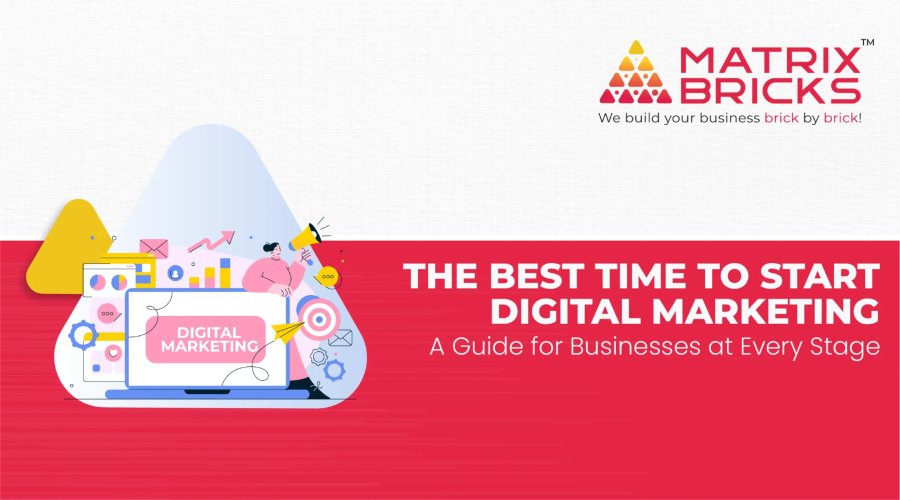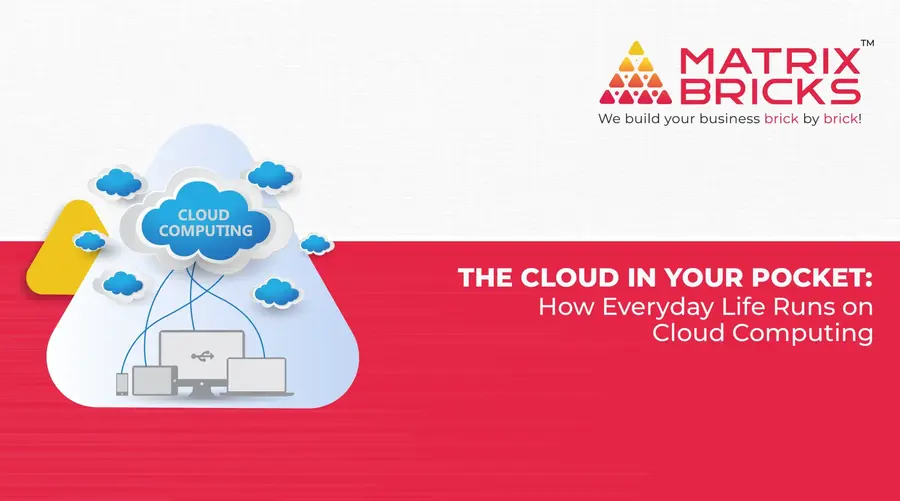In today’s fast-paced digital world, more businesses are turning to the cloud to streamline operations, reduce costs, and increase flexibility. However, managing a cloud environment can be complex, requiring continuous monitoring, updates, security checks, and support. This is where a cloud-managed service provider becomes essential. By partnering with the right provider, businesses can focus on their core operations while leaving the technical complexities of the cloud to the experts. But how can you pick the best option when there are so many to select?
This guide will explore the critical factors to consider when selecting a cloud-managed service provider, ensuring you make the best choice for your business needs.

The first thing to consider when choosing a cloud-managed service provider is their level of expertise and experience in cloud technologies. Cloud environments can vary greatly depending on the platform (e.g., AWS, Azure, Google Cloud), so your provider must have in-depth knowledge of the specific cloud technology you use.
Look for a cloud management services company that has certified professionals and a proven track record of managing large-scale cloud environments. Whether using private, public, or hybrid cloud solutions, the provider should be well-versed in cloud operations and offer cloud-based managed services catering to your needs. Additionally, a provider with experience across multiple industries can provide insights and solutions best suited for your sector.
Cloud security is a significant concern for businesses for good reasons. With the rise of cyberattacks and data breaches, securing your data should be a top priority. When evaluating a cloud-managed service provider, look for one that implements industry-leading security protocols and complies with relevant regulations like GDPR, HIPAA, or PCI-DSS, depending on your industry.
Ask about their security measures, including encryption, access control, and monitoring. Providers offering proactive threat detection and response through cloud-managed services can help you mitigate risks before they become serious. Compliance is another critical factor. The right provider will ensure that your cloud infrastructure complies with industry regulations, reducing your risk of fines and penalties.
Your business constantly evolves, and your cloud needs may change over time. It’s crucial to select a cloud-managed service provider that offers scalability and flexibility to accommodate your growth. Whether expanding your cloud infrastructure to support more users, implementing new applications, or moving from a public to a hybrid cloud, the provider should quickly scale your services.
A good cloud management services company will offer flexible pricing models that align with your business’s needs, so you only pay for what you use. It allows you to scale up or down as needed, maximising your budget while maintaining optimal performance.
Moreover, look for providers that offer cloud-based managed services with tailored solutions that can adapt to your specific requirements. For example, some businesses may need advanced analytics or machine learning tools integrated into their cloud environment. The right provider will implement these solutions seamlessly and scale them alongside your growth.
The 24/7 monitoring and support that cloud-managed services provide is one of the main reasons companies choose them. When selecting a cloud-managed service provider, ensure they provide 24/7 support to help resolve issues promptly. Cloud environments run continuously, and downtime can seriously affect your business.
Service Level Agreements (SLAs) are also crucial when selecting a provider. These agreements specify the quality of service you can anticipate, including performance indicators, uptime assurances, and response times. Review the SLA carefully to ensure it meets your needs and provides assurances for minimal downtime. A reputable cloud management services company will have a solid SLA demonstrating its commitment to delivering reliable service.

The capacity to swiftly bounce back from a calamity is critical for business continuity. Robust backup and disaster recovery solutions should be one of the most essential offerings from a cloud-managed service provider. In a hardware failure, cyberattack, or natural disaster, you must confidently restore your data with minimal disruption.
Ask the provider about their disaster recovery procedures, the frequency of data backups, and the time required to restore your data.
Look for cloud-based managed services offering automated backups, redundancy, and quick failover options to ensure your operations can resume without significant delays. A provider with a robust disaster recovery strategy will give you peace of mind, knowing that your business can bounce back quickly in a crisis.
Since every company is different, generic solutions frequently need to be revised. The ideal cloud managed service provider would provide customized solutions made to meet your company’s unique requirements. Whether you require a specialized cloud environment, custom security protocols, or industry-specific compliance solutions, the provider should work closely with you to design and implement the perfect cloud strategy.
Customization is significant if your business operates in a niche market or has complex IT requirements. Look for a provider that offers custom cloud management services designed to address your particular challenges and goals. A tailored approach ensures that your cloud infrastructure is optimized for performance, security, and scalability, providing maximum value for your investment.
One key advantage of using a cloud-managed service provider is access to proactive monitoring and optimization services. Cloud environments require continuous monitoring to ensure optimal performance, security, and cost efficiency. The provider should use advanced tools to track the health of your cloud infrastructure, identifying and resolving potential issues before they impact your operations.
A good cloud management services company will also help optimize your cloud usage. It could include identifying underutilized resources, recommending cost-saving measures, and ensuring your cloud environment runs as efficiently as possible. Regular performance audits and system optimizations are critical to maintaining a well-functioning cloud infrastructure.
For many businesses, cloud solutions must work alongside existing on-premise infrastructure or other cloud platforms. A reputable service provider will offer seamless integration services, ensuring your cloud solutions can work harmoniously with the rest of your IT ecosystem. Whether you’re migrating applications to the cloud, setting up a hybrid environment, or managing multiple cloud platforms, the provider should offer comprehensive integration support.
Ensure that the provider has experience integrating with various platforms. This can greatly reduce the risk of compatibility issues or data loss during migration. An experienced cloud management services company will make the transition to the cloud as smooth and efficient as possible.
Choosing the right service provider is a crucial decision that can significantly impact your business’s success. You can ensure that your cloud environment is in capable hands by evaluating providers based on their expertise, security measures, scalability, support, and customization options.
With the right cloud-managed service provider, you can focus on growing your business while they handle the complexities of managing your cloud infrastructure. From 24/7 support to proactive monitoring and disaster recovery, a well-chosen provider will help you maximize the benefits of the cloud, ensuring your business stays agile, secure, and competitive in today’s digital landscape.






